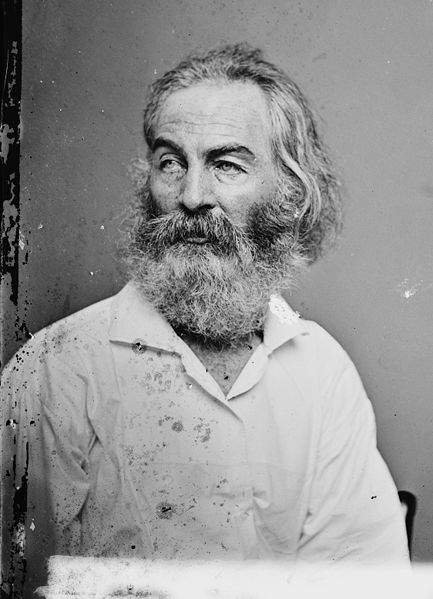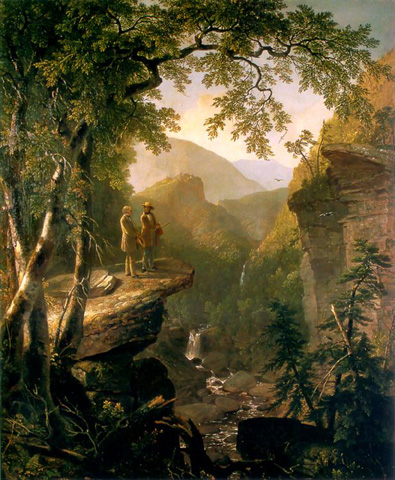As we continue our attempt to blaze a trail toward the Promised Land by way of the poetic genius, the project will necessarily have to attract participants of varying abilities, talents, and gifts who can act creatively in an attempt to change their world. But a problem arises in legitimate pressures towards conformity. On this subject, the poet John Keats states as follows, excerpted from an 1803 letter:
The Genius of Poetry must work its own salvation in a man: It cannot be matured by law & precept, but by sensation & watchfulness in itself -- That which is creative must create itself -- In Endymion I leaped head long into the Sea, and thereby have become better acquainted with the Soundings, the quicksands, & the rocks, than if I had stayed upon the green shore, and piped a silly pipe, and took tea & comfortable advice.But as we attempt to blaze a trail, who wants to run into quicksand? To take such a chance, one needs a cause greater than their self, and this project strives to provide that -- and great art may come out of it.
Speaking of quicksand, beware the ossified academics who're guarded of their status and position at the university feeding trough -- as Rimbuad put it -- and intent to conform the budding poet or artist into a mediocre image of their own self in an attempt to shore up their own self-image. But this is not to say one can't learn from them (though some of the lessons may not be the ones they'd intended to teach). It's granted that those who've achieved status and recognition in their field have done so legitimately. No one should feel threatened by the Promised Land Project because, as it's closely tied to Whitman's vision, it validates. Its aligned with the integral philosophy mantra of "transcend and include", as articulated by the contemporary philosopher Steve McIntosh.














No comments:
Post a Comment